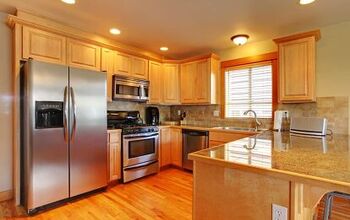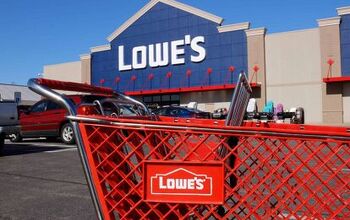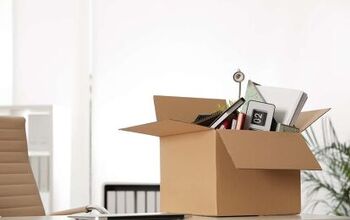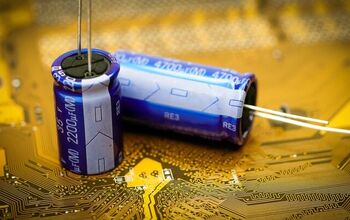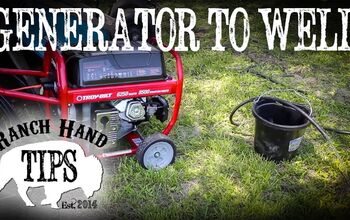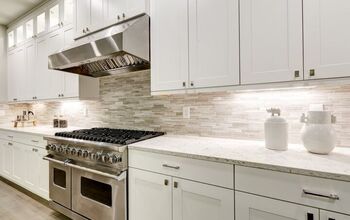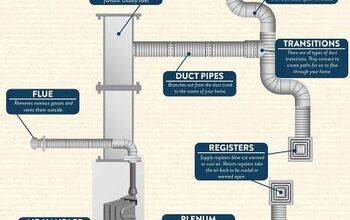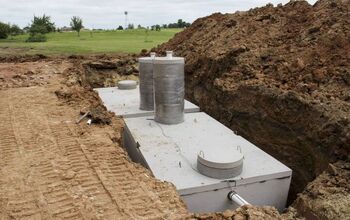How To Descale A Breville Coffee Maker

Coffee machines are super convenient to have in your home, especially cause so many of them come with timers now, so you don’t have to remember to turn the coffee pot on in time before heading to work or starting your day. However, one thing that gets super annoying is the need to descale it. But, it needs to be done! But what if you have a Breville Coffee Maker? How do you descale that?
Fill your water chamber with one part water and one part vinegar. (If you’re using a solution, follow the instructions for how much solution to use). Run your machine for about four to five brewing cycles. Smell the water your machine expels after the last cycle to ensure it is clean. If it isn’t, add more solution, and repeat the steps.
In the article below, we will walk you through the steps to descale your Breville Coffee Machine. Plus, we answer a few more extra questions, so you’re not left in the dark when it comes to this process.
How Do You Descale A Breville Coffee Machine?
Either descaling solution or vinegar must be purchased before you may descale your Breville, since you will be using the solution in order to descale your machine.
However, a readymade descaling solution is OK as well, but a DIY descaling solution made of one part vinegar and one part water works well and may save you some money. Utilizing an acidic substance is essential because calcium and magnesium accumulation are broken down by the acids.
- Fill the chamber. Fill the water chamber of your coffee maker with a mixture of one part vinegar to one part water.
- Add the descaling solution. Put the vinegar-water mixture in the reservoir (or descaling solution if you prefer).
- Run four to five water-only brewing cycles. You must complete this step if you want your coffee to taste regular after your next brew. Don’t scrimp on this step because drinking the descaling solution isn’t harmful but doesn’t taste good.
How Often Should You Descale Your Breville Coffee Maker?
A decent rule of thumb is that you ought to descale your unit after three months in addition to routine cleaning.
When it’s time to descale, the Breville Barista Express will display a solid light next to the word CLEAN. All that you need to do is start a cleaning cycle if the indicator is flashing. The descale indication will appear on the LCD screen of your Breville coffee machine.
What Does It Mean If Your Breville Descale Light Comes On?
When the descale light on your coffee machine comes on, that means that there is a ton of build-up of calcium in your machine, and it needs to be cleaned out.
If you are using filtered water, bottled water, or tap water with a lower to medium mineral content, you have to descale your appliance every three months.
If your tap provides “hard water,” you may need to cleanse your unit more frequently. Hard water has a higher amount of minerals in it, causing the coffee machine to clog more quicker. You may always get a cheap water testing kit if you are unsure of the amount of minerals in your water.
Can You Descale Breville With Vinegar Or A DIY Solution?
Cleaning Breville appliances with a water and vinegar mixture is not advised by the company.
5-8% of white vinegar is acetic acid. This kind of acid can corrode stainless steel and produce leaks in your machine. In addition, used coffee bean oils cannot be removed by vinegar.
Instead, using one of the corporate cleaning solutions is the best approach to thoroughly clean your coffee machine. They feature effective and secure acid sorts that won’t harm your machine. You might also wish to start stocking up on cleaning tablets for regular maintenance.
How Can You Tell If You Need To Descale Your Breville Coffee Maker?
If you need to descale your coffee machine, the light comes on to make you aware of the situation.
However, oftentimes, you can tell the difference in your coffee’s quality when you have a cup. Feel free to clean it before the light comes on, especially if you live in an area with hard water.
How Can You Tell If You Live In An Area With Hard Water?
The most straightforward approach to determine if you reside in a region with hard water is to look at the drains in your tub and sink.
You can evaluate your water using a hard water test kit. Hard water is likely the cause of any white residue you notice around the drains.
Although drinking hard water is not harmful, it can clog coffee makers and needs extra attention to be removed. It is ineffective to regularly clean removable parts with soap and water or coffee maker cleaning tablets. You must descale your machine in order to get rid of these mineral stains.
What Is A Good Homemade Descaling Solution?
If you do not want to heed Breville’s warning and you prefer a homemade solution, that’s okay too! Here is something you can make that’s safe for your coffee maker.
Fill your coffee pot with equal amounts of lemon juice and water to create a descaling solution. Use a little bit of citric acid, as this is the most practical DIY remedy. Citrus fruits like oranges, limes, lemons, and others contain the highest concentration of this acid.
There are a couple of alternatives if you want to be careful and steer clear of the vinegar. Citric acid is the 2nd most common option after vinegar.
Because citric acid is acidic, it effectively dissolves mineral deposits. To acquire the proper strength, dissolve one tablespoon of citric acid pellets in one water gallon. Then, utilize the solution as you would the vinegar solution in the preceding procedures.
The aftertaste is significantly less overpowering when using citric acid instead of vinegar, which is one of its best features. Even if you choose citric acid over vinegar, we still advise you to thoroughly rinse the machine after 3-5 brew cycles. However, if some is left behind, it won’t have as much of an impact on the flavor of your coffee.
Lemon juice, which has substantial citric acid concentrations, is another good choice when neither vinegar nor citric acid appeals to you. One part lemon juice to two parts water is ideal for lemon juice strength.
Lemon juice is the most practical choice if you are concerned about taste retention. Plus, it is more widely available than citric acid, but it performs the least well in terms of real descaling.
We advise using vinegar or readymade descaling solutions because they work best; because you should not have any aftertastes if you clean your Breville thoroughly after descaling it.
What Happens If You Don’t Descale Your Coffee Machine?
The residue from your machine will negatively impact your coffee if it isn’t cleaned: Your coffee’s flavor will start to deteriorate.
You’ll notice the bitter aroma of your coffee and coffee maker. Coffee residue has the potential to clog and obstruct machines, rendering them useless.
How Many Times Do I Need To Rinse After Descaling?
While some people only perform one cycle of rinsing, we advise performing two cycles to make sure your machine has been thoroughly cleansed with your descaling solution.
Taking a deep sniff of the water that emerges from the machine is our go-to method for determining when the cleaning is complete. You’ll be able to tell when it’s finished.
Can You Use Water To Descale Your Coffee Machine?
Water is needed in order to descale your coffee machine; however, you can’t just use water alone. This is because the water does not fight against the calcium or limescale buildup.
So, while water helps to clean out your machine, it cannot break down the blockages and, therefore will not properly descale your machine without the solution.
Do I Clean My Coffee Maker Or Descale My Coffee Maker First?
When you need to descale your coffee machine, it is best to descale it first and then clean it. If you clean it and then descale it, you will have to run a reservoir full of water to clean out the chunks that were knocked loose.
There is no point in cleaning it twice as the descaling it will make it dirty again. We highly advise you first descale it so you are not wasting your time.
Why Does My Coffee Machine Need So Much Descaling?
The amount of times you need to descale your coffee machine is a direct result of the accumulation of minerals like calcium and magnesium along the structure of the machine’s heat source.
Descaling is, by definition, a metal cleaning procedure that eliminates limescale buildup, a hard, off-white, chalky coating that can impede the performance of numerous components.

Heather is a passionate writer who loves anything DIY. Growing up, she learned everything from home repairs to design, and wants to share her tips with you. When she's not writing, she's usually hiking or searching for her next DIY project.
More by Heather Robbins



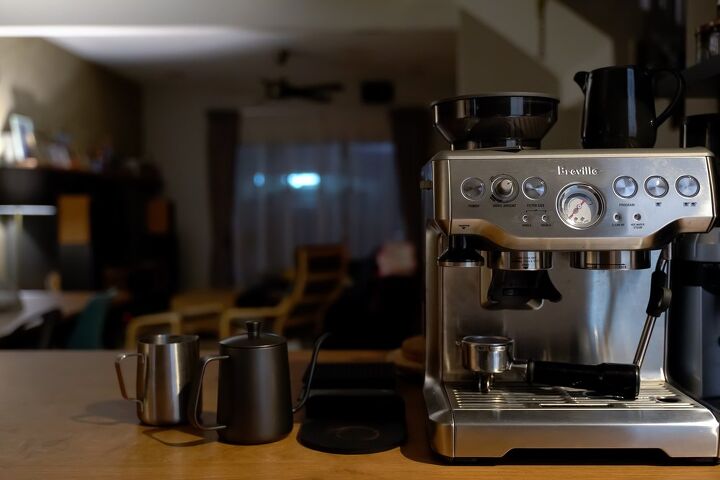
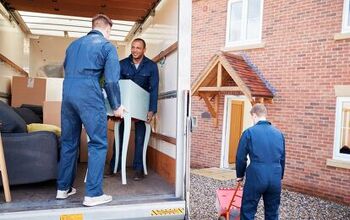





![10 Best Electric Lawn Mowers - [2022 Reviews & Top Rated Models]](https://cdn-fastly.upgradedhome.com/media/2023/07/31/9070486/10-best-electric-lawn-mowers-2022-reviews-top-rated-models.jpg?size=350x220)


![10 Best Zero Turn Mowers – [2022 Reviews & Ultimate Buyer's Guide]](https://cdn-fastly.upgradedhome.com/media/2023/07/31/9070522/10-best-zero-turn-mowers-2022-reviews-ultimate-buyer-s-guide.jpg?size=350x220)
![The 5 Best Angle Grinders – [2022 Reviews & Buyer's Guide]](https://cdn-fastly.upgradedhome.com/media/2023/07/31/9071326/the-5-best-angle-grinders-2022-reviews-buyer-s-guide.jpg?size=350x220)
